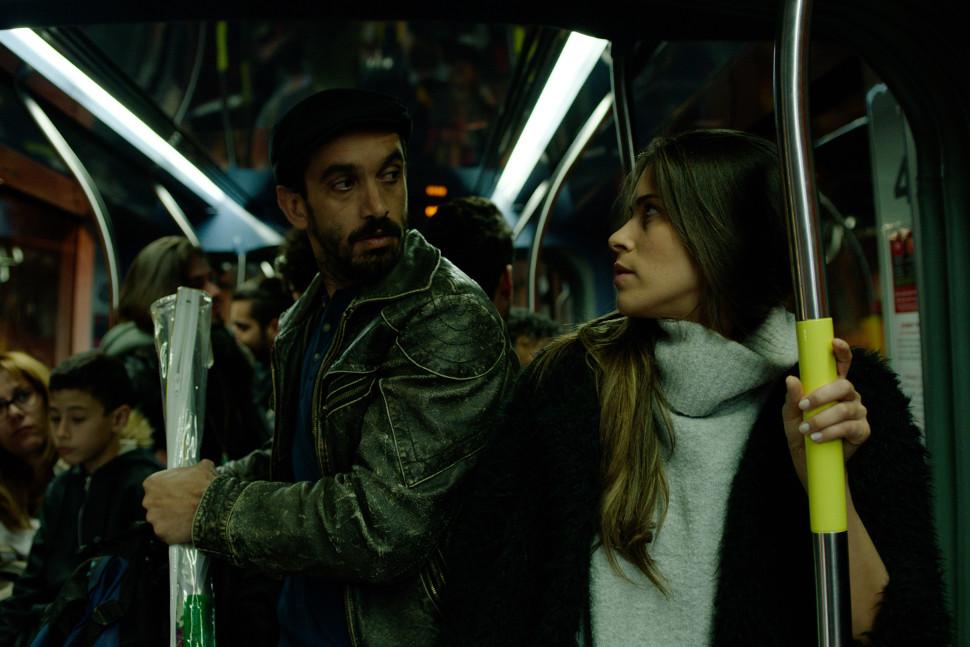Amos Gitai Set to Direct Period Drama About Doña Gracia Nasi (EXCLUSIVE)
By Elsa Keslassy
LOS ANGELES (Variety.com) – Amos Gitai, one of Israel’s most influential directors who has “A Tramway in Jerusalem” and “A Letter to a Friend in Gaza” playing at Venice Film Festival, is set to direct “Doña Gracia,” a sprawling period drama about Gracia Mendes Nasi.
Although her legacy is not well-known, Doña Gracia was a heroic figure who escaped persecution in 16th century Lisbon and became a prominent figure in the politics of the Ottoman Empire as well as one of the wealthiest Jewish women of Renaissance Europe. She used her wealth to save hundreds of converted Jews from the Inquisition.
Gitai has been developing the project for four years with Marie José Sanselme, his co-writer on “Rabin, the Last Day,” “Disengagement” and “Free Zone,” among other films.
“‘Doña Gracia’ was an incredibly fierce and visionary woman who led an exceptional life,” said Gitai. “Not only did she escape persecution, she faced off the Pope who had sentenced converted Jews (known as Conversos) to execution and organized a trade embargo at the Port of Arcona; she saved more than 25,000 Jews and she later created the first Jewish state for refugees in Tiberias,” added the filmmaker.
Gitai is making “Doña Gracia” with two high-profile French producers, Kristina Larsen at Les Films du Lendemain, and Jean-Baptiste Dupont at La Boetie Films. Dupont previously worked with Gitai on “Rabin, the Last Day,” which competed at Venice in 2015. Larsen’s credits include Jacques Doillon’s “Rodin” and Benoît Jacquot’s “Farewell, My Queen.”
“Doña Gracia” will start shooting in October 2019 in several locations in Europe and in Israel.
Gitai said the film will shed some light on the origins of anti-Semitism and is also meant to challenge stereotypes about Islam by showing the great influence Islamic art and culture had during the Renaissance era.
Sanselme, who has been conducting meticulous research for the film, said she read material by Cecil Roth, including “A History of the Marranos,” to learn about the historical context and the persecution of converted Jews throughout the 14th and 15th centuries. “The life and legacy of Doña Gracia is so exceptional that there is enough to say for an entire series,” said Sanselme.
Gitai also spoke about “Tramway in Jerusalem,” a comedy taking place on a tramway that connects several of the city’s neighborhoods, from East to West, bringing together a mosaic of people from different religious and ethnic backgrounds.” The movie is headlined by an impressive cast of 36 actors from Israel and Palestine, notably the Israeli singer Achinoam Nini, Israeli actress Yael Abecassis and French actor Mathieu Amalric.
Perhaps one of Gitai’s most crowd-pleasing pics, “A Tramway in Jerusalem” is being sold by Orange Studios and will be released in Israel by United King and in France by UGC.
“My idea with ‘A Tramway in Jerusalem’ was to convey the irony of the situation in Israel through this comedic tale of people who are stuck in a tram like sardines and are forced to deal with each other,” said Gitai, adding that the film shot in a real tramway, which starts in the Palestinian side and travels to the opposite side of the city. “This tramway is the other thing connecting different parts of the city. It carries about 150,000 people. So it’s a symbol in itself, and one which speaks out against xenophobia,” said Gitai, who noted that racism and nationalism is rampant across many parts of the world, including in Italy.
Gitai’s other title in Venice, the short “A Letter to a Friend in Gaza,” is an homage to Albert Camus and explores the return to Palestinian villages, while interjecting texts by Izhar Smilansky, Emile Habibi, Mahmoud Darwish, and Amira Hass.

